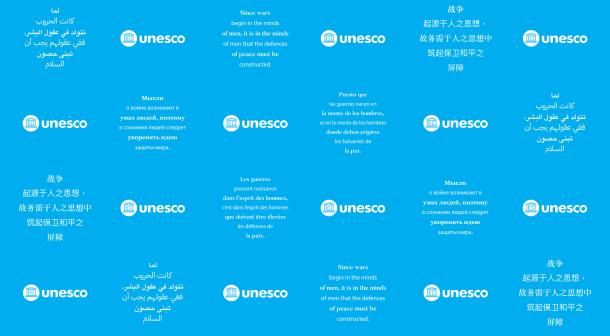News
Experts gathered at UNESCO to help strengthen the evaluation methods of social inclusion policies

Organized within the framework of UNESCO's Management of Social Transformations (MOST) Programme, an expert workshop on the measurement and evaluation of social inclusion policies was held from 25 to 26 March 2013, at UNESCO Headquarters in Paris, with the aim to assist the work of the Secretariat of the Organization in the study and mapping of indexes and methodologies available to measure social inclusion and assess the level of inclusion of public policies.
Very concretely, this expert workshop aimed to enable the adaptation of the most effective methodologies or to develop those which are likely to have an impact on public policies and the process of evaluating these last in all Member States of UNESCO.
Held on the eve of the 11th session of the MOST Intergovernmental Council and dealing with one of the two thematic priorities chosen by the Council’s Member States for 2012-2013, this high-level meeting brought together for a day and a half nearly one hundred participants, all experts and stakeholders involved in the implementation, measurement and assessment of social inclusion policies.
Whether they are social scientists, representatives of organizations of public policy evaluation, representatives from various agencies and United Nations bodies, or of associations fighting poverty, they were all invited to share their views on the effectiveness of methods and tools for assessing social inclusion, as well as the improvement of the link between research and policy-making in the social inclusion field.
The workshop was divided into three sessions: the first session dealt with the measurement of social inclusion, the second one with the assessment/evaluation of social public policies, and the third one focused on science/research-policy linkages.
Each of these sessions were organized around the same principle: two or three brief presentations on the given topic, followed by a debate in which all stakeholders were represented. They tried to respond to the main issues raised by the session’s theme with the aim of formulating recommendations at the end of the workshop.
The session of Monday morning, on 25 March, which addressed the measurement of social inclusion, was an opportunity to discuss existing indexes - such as the Social Inclusion Index and the Social Transformation Index, - and the multidimensional aspects of social inclusion. This session not only considered the categories of people to be specifically targeted by inclusive policies, but also the social inclusion indicators most likely to be widely shared, and the most appropriate tools to monitor these indicators.
During the session of Monday afternoon, on 25 March, focusing on the evaluation of public policies, the main objective was to determine the best assessment and evaluation tools, considering what kind of data are needed for the evaluation and impact assessment of an inclusive policy, how the actors of these policies take into account the results of the evaluations, and how they are presented for effective policy action.
Finally, the last session, on 26 March in the morning, dealing with the links between social inclusion research and policy-making, tried to better understand how social science research informs policy makers in the social inclusion policies’ area, why policy makers do not use more intensively the results of research, how the needs for relevant research and data gathering and analysis is requested by policy makers and decision takers and which would be the methods to improve their networking capacities.
The main suggestions and recommendations expressed during this workshop were presented to the members of the Scientific Advisory Committee of the MOST Programme of UNESCO, on Tuesday afternoon, 26 March 2013, in Paris.
The results of the workshop were also transmitted to the 35 Member States of the Intergovernmental Council of the MOST programme which was held in Paris from 27 to 29 March 2013.
Unique within the UN system, the MOST Programme of UNESCO was established in 1994 and is an intergovernmental programme that seeks to use social sciences for the benefit of social and sustainable development by encouraging research oriented towards the formulation of public policies allowing to respond to contemporary challenges, by narrowing the link between researchers, representatives of the civil society and policy makers all over the world, in order to collaborate while respecting the role of every stakeholder.
At the international level, its two current strategic priorities are social inclusion and the social dimensions of climate change.
It was within the framework of the MOST programme and with the support of a partner (GEMDEV), that an international conference on "Measuring Development" took place from 1 to 3 February 2012 at UNESCO Headquarters in Paris. This event offered the first opportunity to question the relevance of indicators of economic performance and social progress used in the world today.





